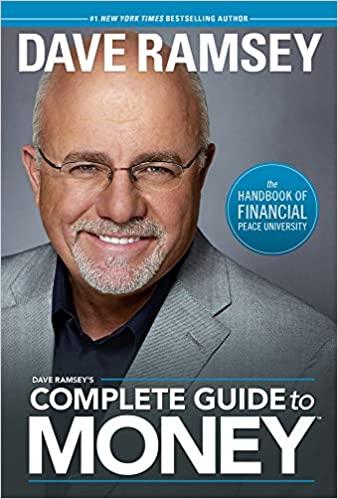Question
The period of time during which either liquidity reserves or external funding is needed to maintain company operations is called the: Accounts receivable period. Accounts
The period of time during which either liquidity reserves or external funding is needed to maintain company operations is called the:
-
Accounts receivable period.
-
Accounts payable period.
-
Cash cycle.
-
Inventory period.
-
Operating cycle.
________ fall with increases in the level of investment in current assets, while ________ increase.
Multiple Choice
-
Carrying costs; stock out costs.
-
Carrying costs; shortage costs.
-
Stock out costs; order costs.
A short-term loan secured by the borrower's inventory, either directly or via an intermediary, is called a (n) ____________________.
Multiple Choice
-
Inventory loan.
-
Line of credit.
-
Debenture.
-
Banker's acceptance
At the ideal level of inventory, the:
Multiple Choice
-
Carrying costs will equal zero.
-
Shortage costs will equal zero.
-
Both the shortage costs and the carrying costs will equal zero.
-
The shortage costs will equal the carrying costs.
-
The shortage costs will equal exactly twice the carrying costs.
-
Shortage costs; order costs.
-
Shortage costs; carrying costs.
It is important for any firm to determine its appropriate target cash balance:
Multiple Choice
-
Because there is a trade-off between the benefit and cost of liquidity.
-
Since most firms follow flexible policies of working capital management.
-
Because of the float the firm gains when it writes cheques.
-
Because of the fluctuation in interest rates on marketable securities.
-
In order to maximize its purchases of marketable securities.
Money market securities generally have the following characteristics: short ________, low ___________, and high _____________.
Multiple Choice
-
Maturities; marketability; default risk.
-
Default risk; marketability; maturities.
-
Marketability; maturities; default risk.
-
Marketability; default risk; maturities.
-
Maturities; default risk; marketability.
The manager of a seasonal products firm keeps excess cash on hand, particularly after the holiday season, to take advantage of retailers looking to sell excess inventory at below cost. The manager is holding cash for _________________.
Multiple Choice
-
Transactions reasons.
-
Precautionary reasons.
-
Compensating balance reasons.
-
Speculative reasons.
-
Non-financial reasons.
Step by Step Solution
There are 3 Steps involved in it
Step: 1

Get Instant Access to Expert-Tailored Solutions
See step-by-step solutions with expert insights and AI powered tools for academic success
Step: 2

Step: 3

Ace Your Homework with AI
Get the answers you need in no time with our AI-driven, step-by-step assistance
Get Started


